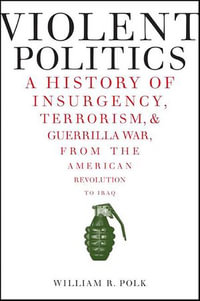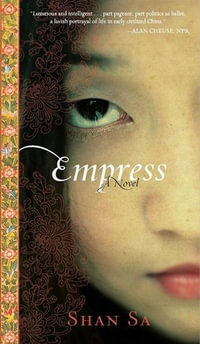
100 Questions and Answers about Hmong Americans
Secret No More
By: Michigan State University School of Journalism
eBook | 2 July 2024
At a Glance
ePUB
eBook
$14.66
Instant Digital Delivery to your Booktopia Reader App
In the 50 years since the CIA's secret war against Communists in Vietnam ended, Hmong Americans have built new lives in a country they fought for, even though they did not belong to it. When the United States ended its military involvement in Southeast Asia in 1975, it left its secret allies defenseless among enemies in a hostile land. Most of their fighting had occurred in Laos, and evacuees were whisked away in unmarked military planes. Thousands of civilians crossed the dangerous Mekong River to shelter in refugee camps in Thailand. Neither the Hmong people nor their U.S. hosts were prepared for the change.
Uprooted from a region where they had no country of their own and many new enemies, Hmong people faced danger, disruption and dislocation. Some say that, because they always lived in China and other countries but never one of their own, Hmong people carry the only homeland they have on their backs. Unless they can find a sense of homeland in the United States, they can never have what so many take for granted. That's what they have been working for.
Hmong people were scattered to several countries, and most came to the United States, especially Minnesota, California, Wisconsin and Michigan.
"100 Questions and Answers About Hmong Americans: Secret No More" was written to answer the most basic questions about Hmong people to open up avenues for deeper conversations.
Traditionally a nomadic people, they lived by agriculture and arrived with very little English, a lack of formal schooling, occupational training or written language and little savings. Their hurried dislocation and life in refugee camps severed their most important bonds. Resettlement separated them from their spiritual and clan leaders.
Christian churches helped Hmong people resettle and, in some cases, this led to conversions and hybrid practices.
In fewer than 50 years, Hmong Americans are filling seats in college classrooms and state legislatures, serving in health care, owning businesses, teaching and creating art. Citizenship and voting rates are higher than they are for most other immigrants, even though Hmong people come from places where they were discouraged from having any civic involvement.
The journey has been challenging.
In need of hospitality and help, they sometimes encountered suspicion and stereotypes from their new neighbors.
Help with the trauma of war, flight and dislocation is seldom available in culturally appropriate ways.
Their soldiers, paid by the United States to fight, have few veteran benefits other than burial rights.
The Model Minority Myth that Asian people are just naturally successful was cruelly unkind to people with so little time to conquer their disadvantages.
One of the challenges has been to make a new way in the United States while maintaining family and spiritual traditions and cultural ways with music, dress embroidered art.
The hope is that they are accepted as fully American and totally Hmong as they decide to define that.
Subjects in this guide include the Vietnam war, the Secret War, refugees, resettlement, CIA, animism, shamanism, ancestor worship, assimilation and Asians.
This guide was produced with generous support from Michigan Humanities, an affiliate of the National Endowment for the Humanities.
Questions include:
Where did the Hmong originate?
Are Hmong people Chinese?
Are Hmong and Mongolian related?
How do we say Hmong?
What does Hmoob mean?
What was the Secret War?
Why did the Hmong agree to fight for the CIA?
How many Hmong died in the war?
How did they get out of Laos?
Are Hmong soldiers considered U.S. veterans?
Are more Hmong coming to the United States?
What are traditional Hmong beliefs?
What is string tying?
At what age do Hmong people marry?
Are marriages arranged?
What is Hmong embroidery?
Is Hmong food spicy?
Do Hmong people vote as a bloc?
What is the model minority myth?
on
ISBN: 9781641801942
ISBN-10: 1641801948
Series: Bias Busters : Book 22
Published: 2nd July 2024
Format: ePUB
Language: English
Publisher: Front Edge Publishing
Volume Number: 22
You Can Find This eBook In
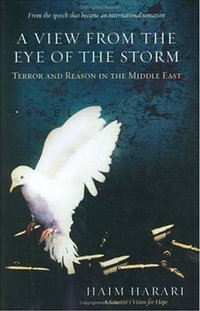
eBOOK
RRP $27.49
$21.99
OFF
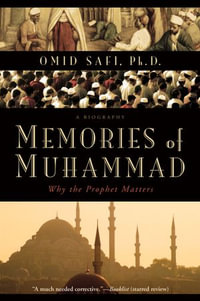
eBOOK
RRP $28.59
$22.99
OFF

eBOOK
RRP $31.89
$25.99
OFF

eBOOK
RRP $38.49
$30.99
OFF
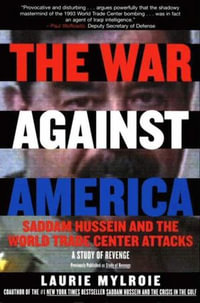
eBOOK
RRP $28.59
$22.99
OFF
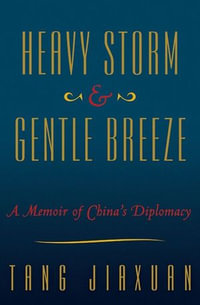
eBOOK
RRP $28.59
$22.99
OFF
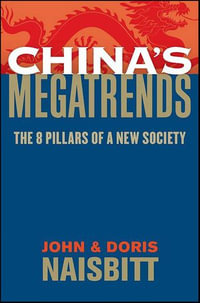
eBOOK
RRP $24.19
$19.99
OFF

eBOOK
RRP $37.39
$29.99
OFF

eBOOK
RRP $48.39
$38.99
OFF

eBOOK
RRP $28.59
$22.99
OFF

eBOOK
RRP $30.79
$24.99
OFF

eBOOK
RRP $27.49
$21.99
OFF
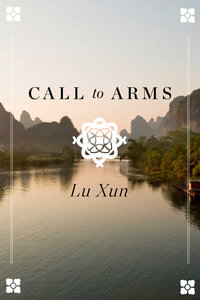
eBOOK
eBook
RRP $27.49
$21.99
OFF
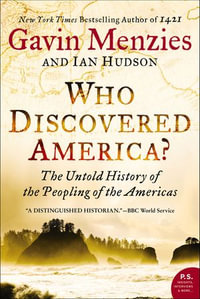
eBOOK
RRP $38.49
$30.99
OFF

eBOOK
RRP $28.59
$22.99
OFF

eBOOK
RRP $30.79
$24.99
OFF

eBOOK
RRP $28.59
$22.99
OFF

eBOOK
RRP $28.59
$22.99
OFF

eBOOK
RRP $32.99
$26.99
OFF

eBOOK
RRP $28.59
$22.99
OFF

eBOOK
eBook
RRP $28.59
$22.99
OFF

